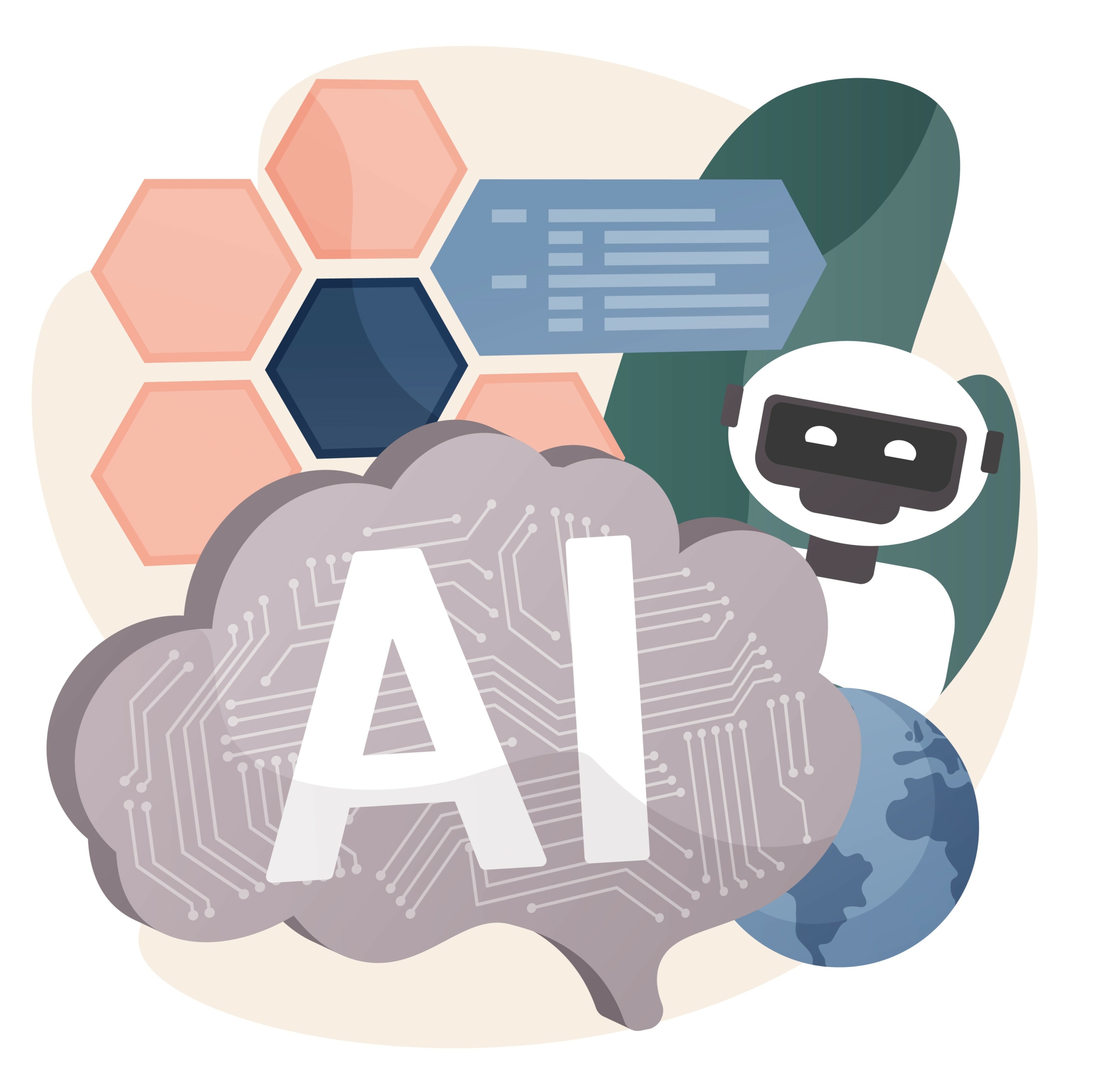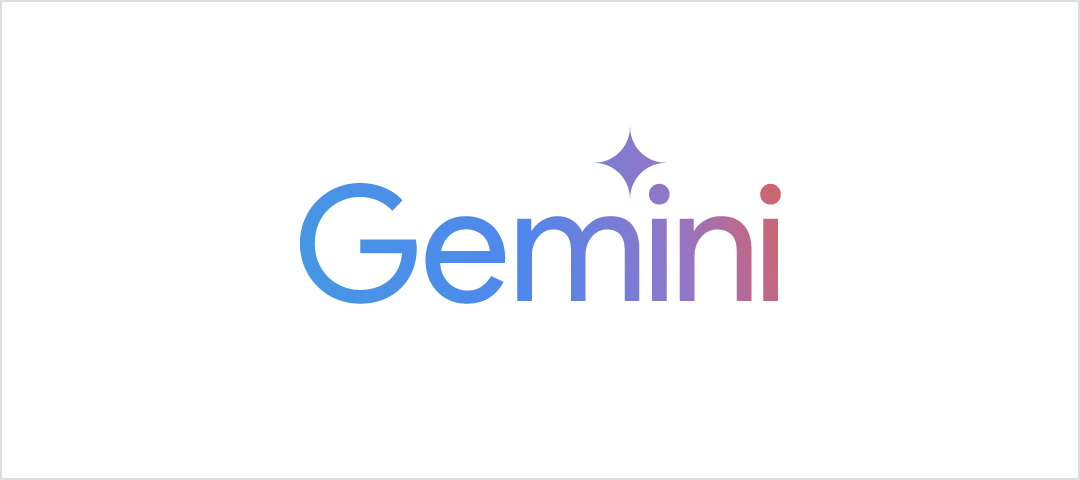A new study by Perplexity and Harvard researchers sheds light on how people use AI agents at scale.
Millions of anonymised interactions were analysed to understand who relies on agent technology, how intensively it is used and what tasks users delegate. The findings challenge the notion of a digital concierge model and reveal a shift toward more profound cognitive collaboration, rather than merely outsourcing tasks.
More than half of all activity involves cognitive work, with strong emphasis on productivity, learning and research. Users depend on agents to scan documents, summarise complex material and prepare early analysis before making final decisions.
Students use AI agents to navigate coursework, while professionals rely on them to process information or filter financial data. The pattern suggests that users adopt agents to elevate their own capability instead of avoiding effort.
Usage also evolves. Early queries often involve low-pressure tasks, yet long-term behaviour moves sharply toward productivity and sustained research. Retention rates are highest among users working on structured workflows or tasks that require knowledge.
The trajectory mirrors the early personal computer, which gained value through spreadsheets and text processing rather than recreational use.
Six main occupations now drive most agent activity, with firm reliance among digital specialists as well as marketing, management and entrepreneurial roles. Context shapes behaviour, as finance users concentrate on efficiency while students favour research.
Designers and hospitality staff follow patterns linked to their professional needs. The study argues that knowledge work is increasingly shaped by the ability to ask better questions and that hybrid intelligence will define future productivity.
The pace of adaptation across the broader economy remains an open question.
Would you like to learn more about AI, tech and digital diplomacy? If so, ask our Diplo chatbot!










